Water is one of the essential resources on our planet, yet it is often taken for granted.
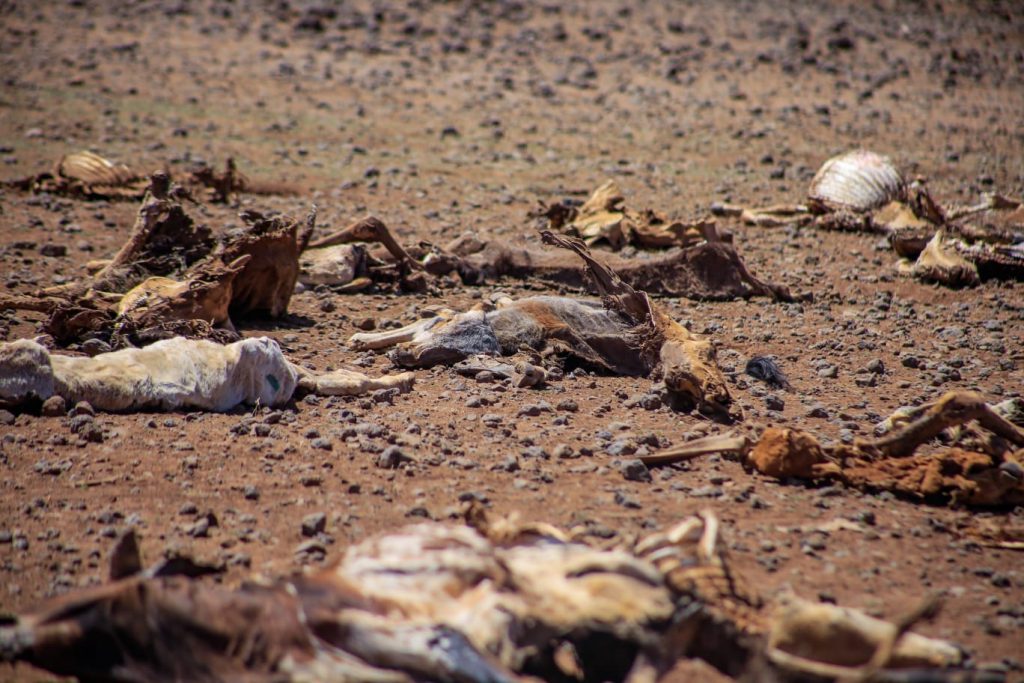
World Water Day, celebrated on March 22nd each year, is a reminder of the importance of water and the urgent need for conservation efforts to ensure a sustainable future for our planet.
In 2023, the UN’s key theme is accelerating change to solve the water and sanitation crisis.
United Nations
The global water crisis is a pressing issue affecting millions worldwide. According to the United Nations, 2.2 billion people lack safe drinking water, and 4.2 billion lack access to safely managed sanitation services.
The consequences of this crisis are devastating, as it affects everything from health and hygiene to food security and economic development.
The urgency of this crisis cannot be overstated. With the world’s population projected to reach 9.8 billion by 2050, the water demand will only increase.
Climate change is also exacerbating the problem, with more frequent and severe droughts, floods, and other extreme weather events.
Therefore, it is essential that we take action now to conserve water and ensure its sustainable use for future generations.
Water conservation is crucial for ensuring a sustainable future for our planet, and we are all responsible for doing our part. We can reduce water stress, preserve ecosystems, and save money by conserving water.
In this blog, we will explore the
Importance of water
Global water crisis
Role of water conservation
Practical ways we can all contribute to water conservation efforts
Section 1: The Importance of Water
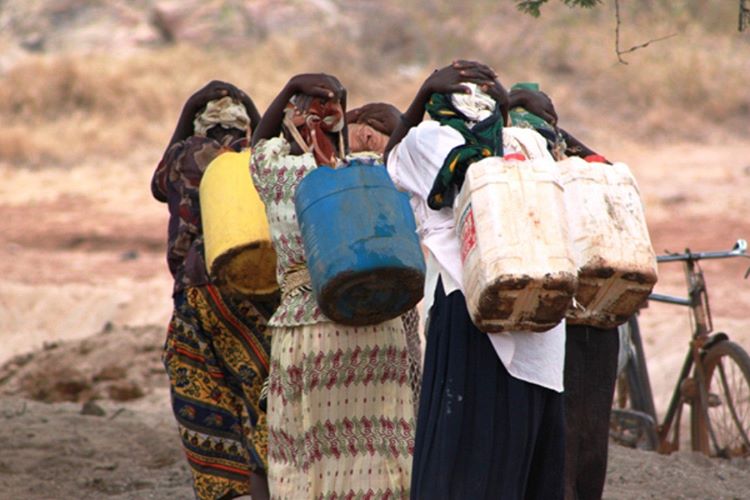
Water is essential for all humans, animals, and plants. It plays a critical role in maintaining the balance of ecosystems and is necessary for the survival and well-being of communities worldwide.
As we celebrate World Water Day, we must recognize the importance of water and the need to conserve this precious resource.
Water is used in many ways, including agriculture, industry, and household use. Agriculture accounts for the largest share of water usage globally, as it is required for irrigation to grow crops. In industry, water is used for manufacturing, cooling, and other processes. Water is used for cooking, cleaning, and personal hygiene in households.
However, access to clean water is not equal across the globe. Many communities lack clean water and sanitation facilities, especially in developing countries. This disparity has significant consequences for health, hygiene, and economic development.
On World Water Day, it is crucial to raise awareness of these disparities and advocate for solutions that promote equitable access to clean water.
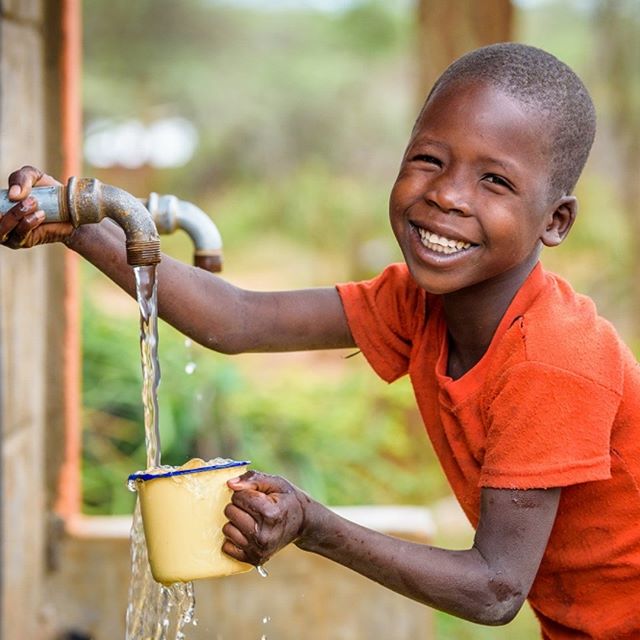
Section 2: The Global Water Crisis
The global water crisis is a complex issue affecting millions worldwide. It is a major concern on World Water Day and Save Water Day, as it poses a significant threat to the sustainable development of our planet.
The current state of global water resources is alarming.
According to the United Nations, over 2 billion people lack access to clean drinking water, and over 4 billion people experience severe water scarcity for at least one month a year. Furthermore, water contamination is a significant issue, with over 80% of wastewater released into the environment without proper treatment.
The global water crisis has multiple causes, including climate change, population growth, and pollution. Climate change is causing changes in rainfall patterns, resulting in water scarcity in some regions and flooding in others.
Population growth strains water resources, as more people require water for daily needs. Pollution of water sources, such as rivers and lakes, further exacerbates the crisis, making water unsafe for human use and harming ecosystems.
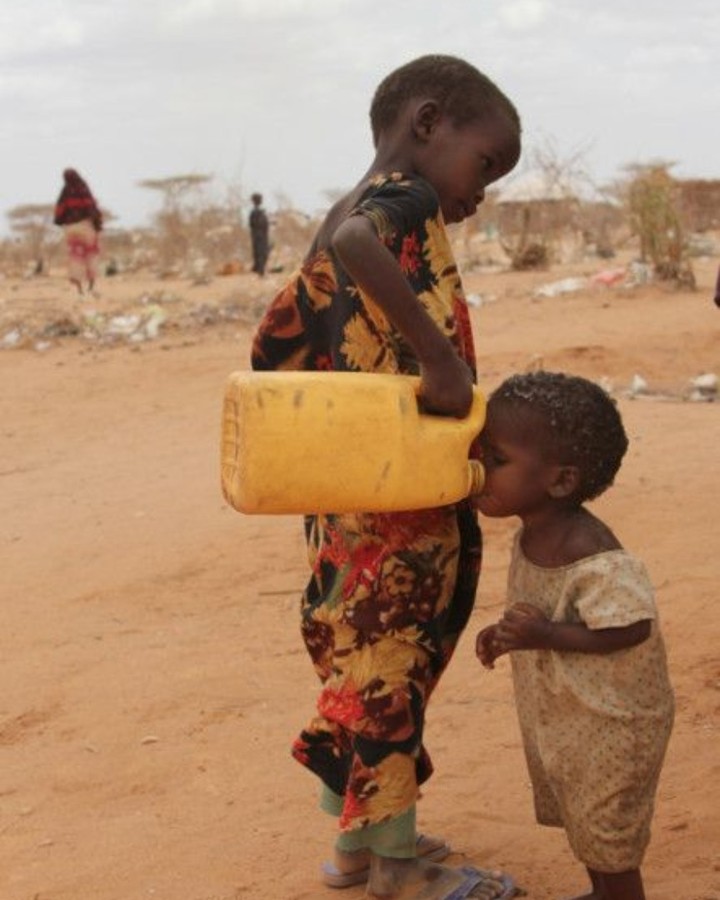
The impact of the water crisis is significant, affecting people, ecosystems, and economies. Lack of access to clean water leads to the spread of waterborne diseases, causing illness and death.
Ecosystems suffer as water sources are depleted, leading to loss of biodiversity and degradation of habitats. Economies are also affected, as water scarcity can impact agriculture and industry, leading to job losses and economic instability.
Case study
Kenya has been experiencing a severe drought, which has had a devastating impact on the country’s population and economy. The drought has left millions without clean water, resulting in widespread food insecurity, malnutrition, and displacement.
According to the United Nations, over 10 million people in Kenya currently need humanitarian assistance due to the drought.
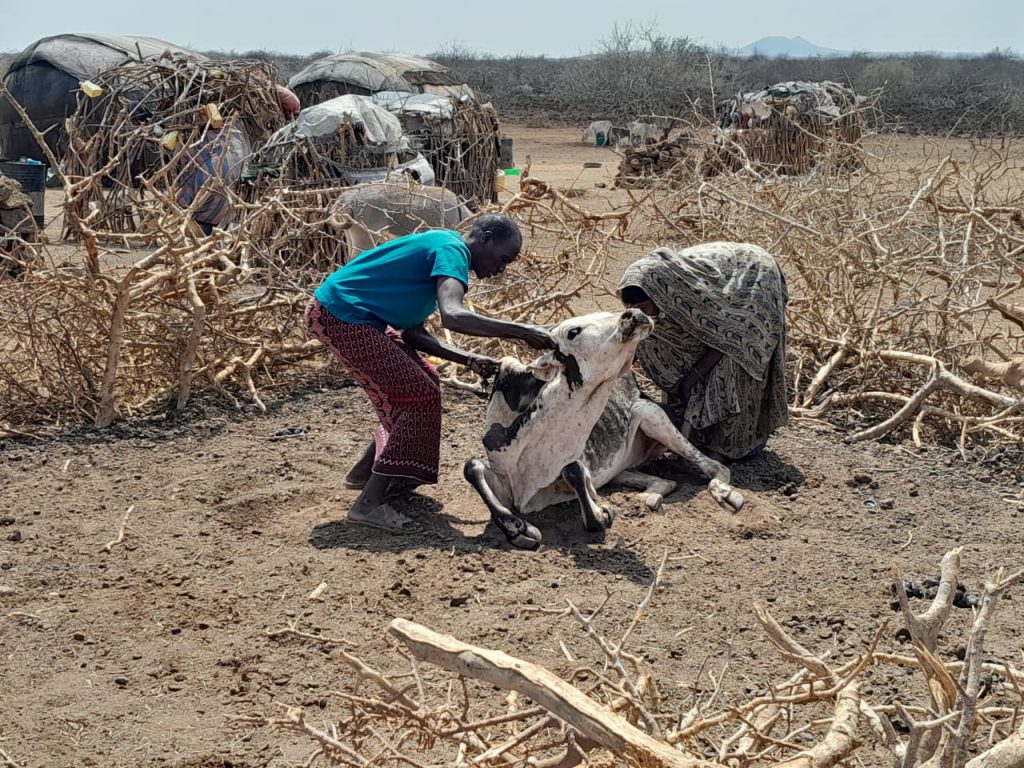
The lack of rainfall has caused crops to fail, leading to food shortages and rising prices. Livestock, a crucial source of income for many families, have died due to a lack of water and grazing areas. As a result, many families have been forced to leave their homes for water and food.
The situation in Kenya highlights the importance of addressing water scarcity and promoting sustainable water management practices.
Water and Development (Maji na Ufanisi), a WASH NGO based in Kenya, is one organization working towards this goal. The organization works with communities to develop sustainable water solutions and promote good hygiene and sanitation practices.
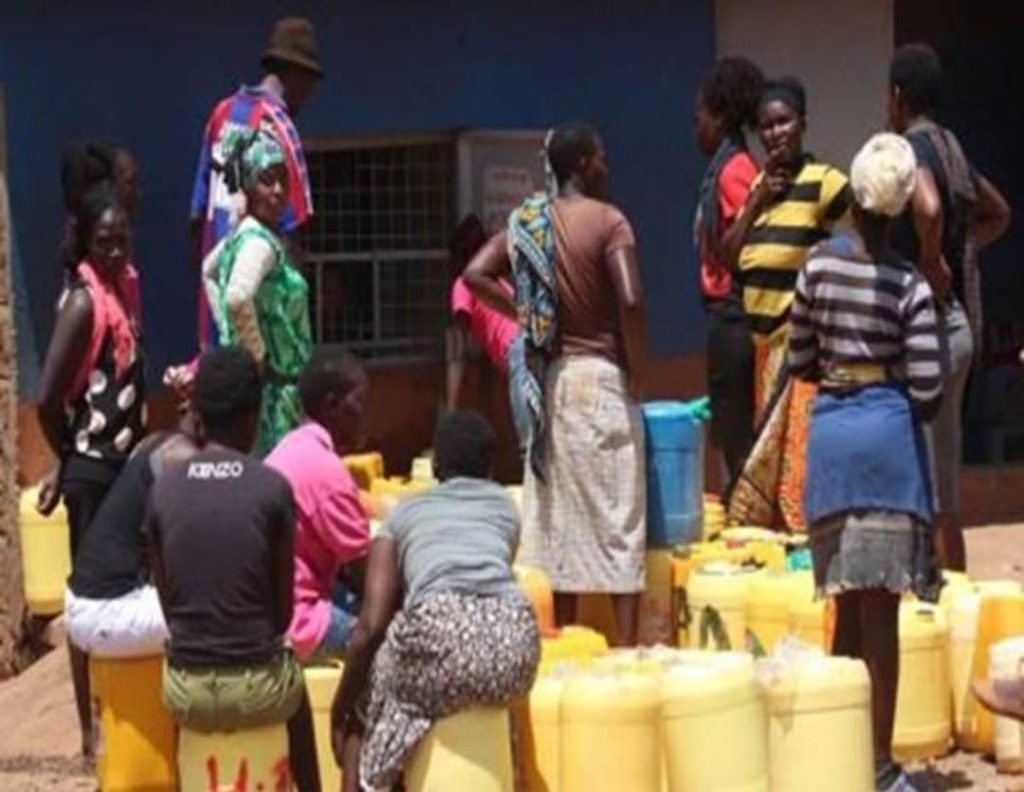
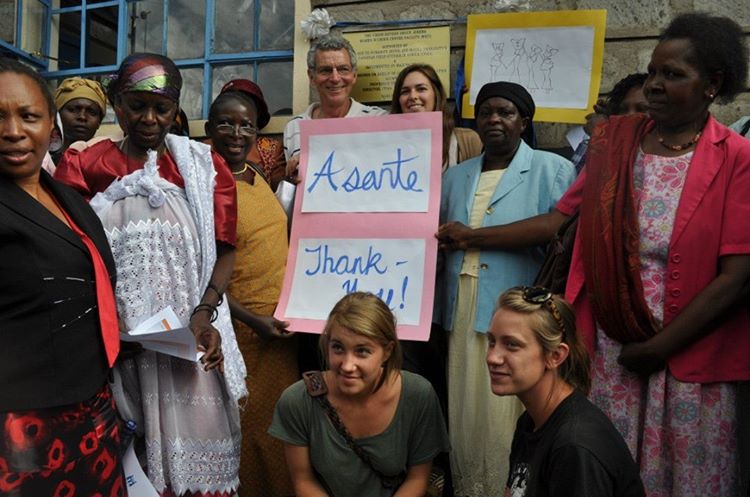
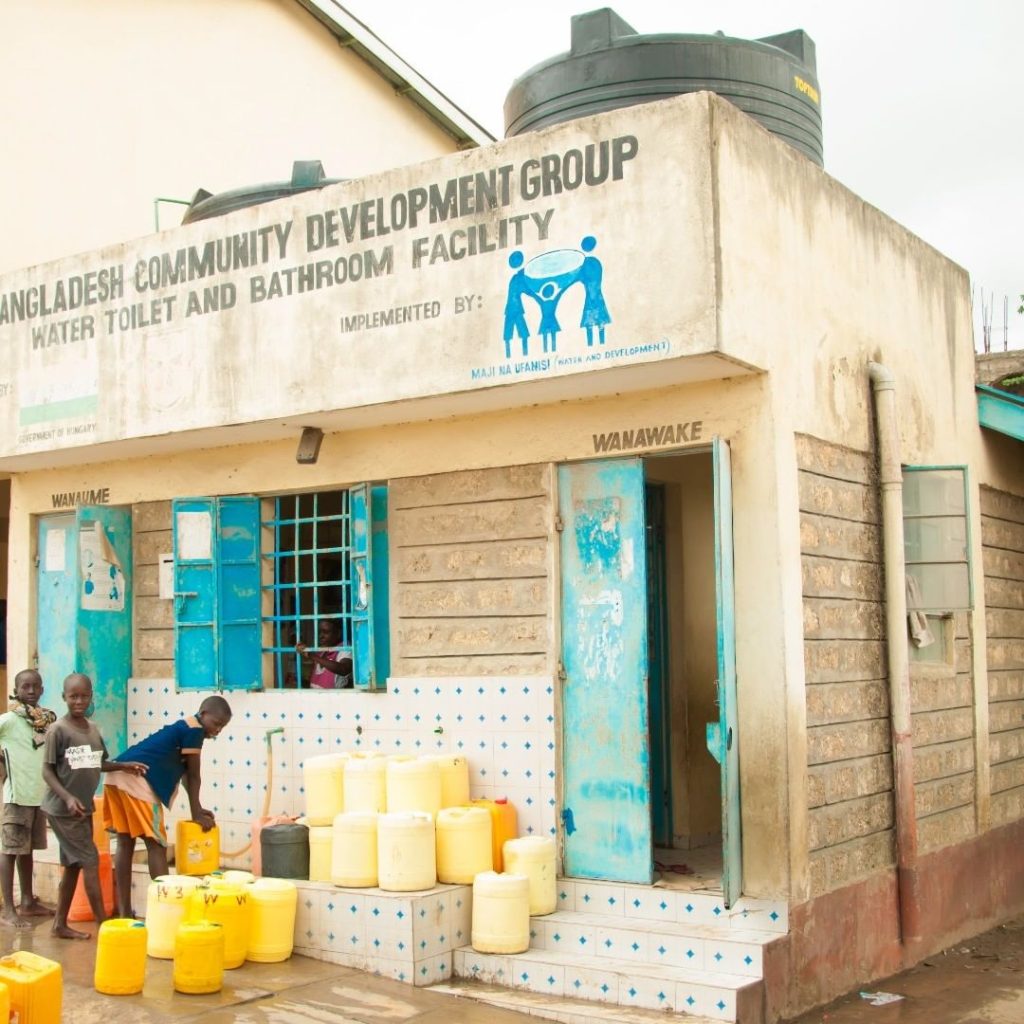
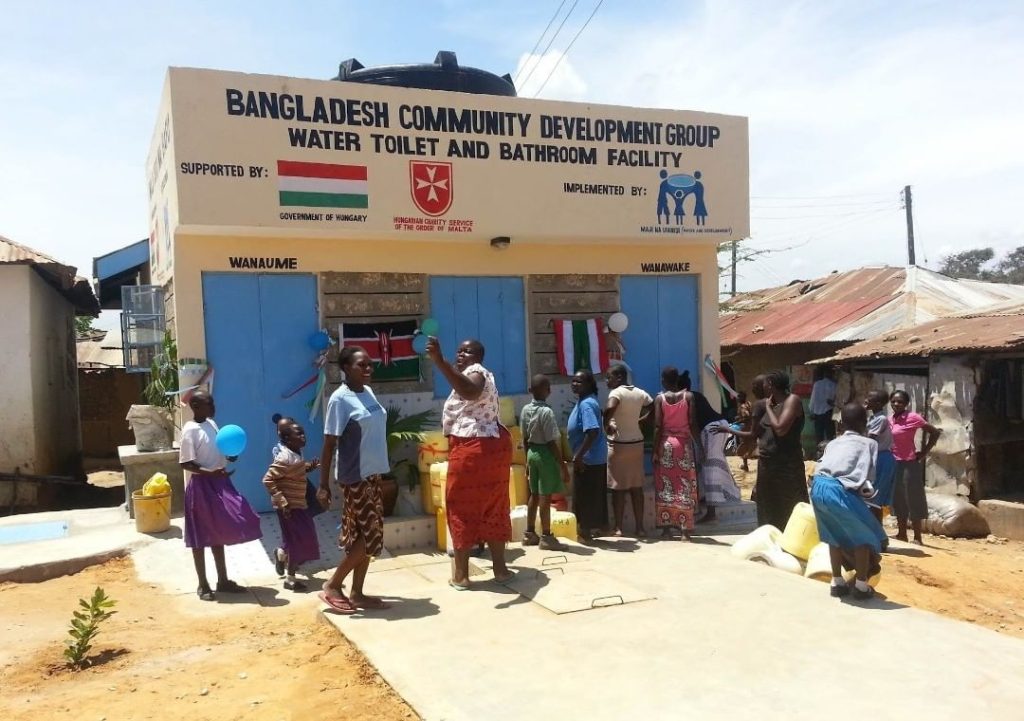
Water and Development (Water and Development (Maji na Ufanisi)) is currently working with communities in Kenya to provide clean water and sanitation facilities. They also provide education on water conservation and management practices to help communities better manage their water resources during drought.
The Kenyan government has also addressed the drought, including distributing food and water to affected communities and investing in long-term solutions such as water storage infrastructure.
Kenya’s president hopes the heavens will finally open with the help of a national day of mass prayer.
President William Ruto announced the plans for the country’s first-ever day of prayer at a service in the drought-stricken city of Nakuru, some 100 miles (160 kilometers) from the capital Nairobi.
It follows a joint call by the country’s spiritual leaders to dedicate an entire day to prayer to ease drought conditions in the nation.
President Ruto’s ambitious economic revival strategy for the country also depends on a successful rainy season.
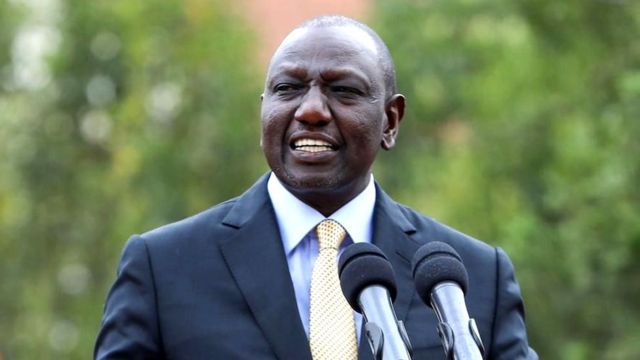
As a government, we have set out elaborate plans for food security, we have seeds, ample fertilizer, and water harvesting strategies, including dams. We now need God to send us the rain. I urge all people from all faiths … to pray for our country.
— President William Ruto
Steven Kariuki- Executive Director, Water and Development (Maji na Ufanisi), a Kenyan non-profit organization with rich expertise in water, sanitation, and hygiene (WASH) regionally, believes the following:
The Kenyan government should consider declaring the current drought a national disaster, as this will open doors for aid from international agencies. This is essential in addressing the root cause of the issue and ensuring the provision of necessary resources to the affected regions.
The government should also prioritize the current drought crisis and allocate sufficient funds to the Ministry of Water, Sanitation, and Irrigation and related departments to achieve the required level of preparedness.
Unfortunately, the government has reduced the water ministry budget in the recent supplementary budget estimates for FY 2022/23. This is counterproductive and undermines efforts to address the current crisis.
A multi-sectoral approach between various Government of Kenya Ministries and Departments, the private sector, and donor communities is necessary to address current drought-related issues effectively. This will require coordination and collaboration to provide a comprehensive approach to tackling the crisis.
Such an approach could involve the provision of emergency relief supplies, the implementation of irrigation systems, the drilling of boreholes, the use of technology and innovation to boost the existing early warning systems, and the establishment of water treatment facilities.
In addition, the GOK should initiate urgent measures to mop up animal carcasses before the onset of the long rains to mitigate against the emergence and spreading of waterborne diseases like cholera, typhoid, and other related illnesses.
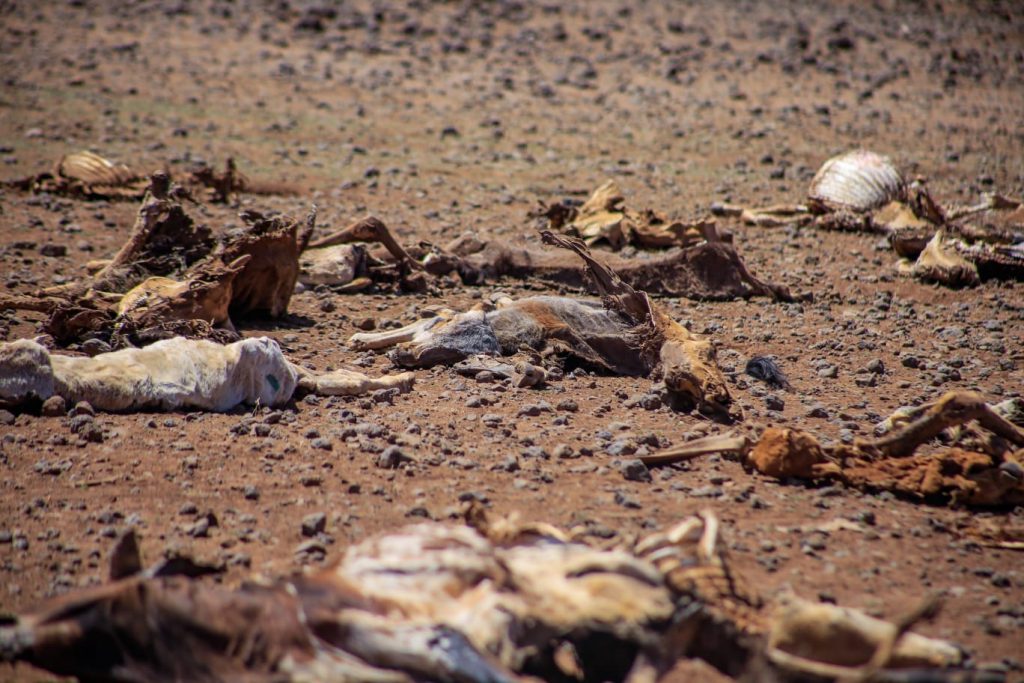
The critical issue of contaminated domestic water requires immediate attention by supplying water treatment chemicals like PUR and Aqua tabs, addressing post-drought effects that will take care of animal mass treatments, deworming, and supply of feeds and supplements that will boost animal nutrition status.
Initiate effective post-recovery measures to avail food baskets and cash transfers to the most vulnerable segments of the human population as well as supplying grass seeds that will quickly rejuvenate pasture for animals
Additionally, the current situation in Kenya indicates that little effort has been put in place to harvest water during the much-awaited rains.
This could be addressed by commissioning additional dams, construction of underground water tanks, rock catchments, rehabilitation of existing boreholes, desilting of current water pans, installing of dam liners on water ponds that trap water, among other measures that will build community resilience to the negative impacts of climate change.
Finally, the government should also continue addressing the root cause of the current deteriorating security situation (the fight against banditry, inter-community clashes, and livestock theft), which is caused by the scarcity of resources due to depletion of grazing pastures, lack of enough water for both animals and human as well animal restocking.

Treating the symptoms rather than the disease will not solve the problem. A long-term solution requires addressing the underlying causes of the crisis
— Steve Kariuki, Executive Director, Maji na Ufanisi (Water and Development)
Section 3: The Role of Water Conservation
Water conservation refers to any effort to reduce the amount of water wasted or used unnecessarily. It is a critical aspect of water management that helps to ensure that our planet’s most precious resource is used wisely and sustainably.
There are various approaches to water conservation, including technological solutions, policy changes, and individual actions.
1. Technological solutions to water conservation include innovations such as water-efficient appliances and irrigation systems, water-saving devices like low-flow showerheads and toilets, and using recycled or reclaimed water for non-potable purposes.
2. Policy changes can include regulations and incentives to promote water conservation, such as laws requiring new buildings to be constructed with water-efficient fixtures or financial incentives for businesses that adopt water-saving measures.
3. Individual actions are also essential in conserving water. Simple changes such as taking shorter showers, fixing leaks, and reducing outdoor watering can make a significant difference.
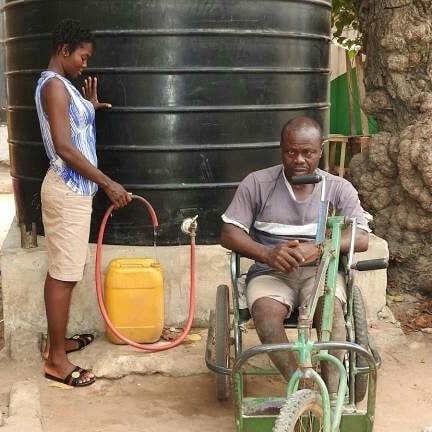
The benefits of water conservation are numerous, including reducing water stress, preserving ecosystems, and saving money on water bills.
According to the United Nations, the theme for World Water Day 2023 is “Accelerating Change to Solve the Water and Sanitation Crisis.” This year’s theme emphasizes the urgent need for action to address the global water crisis, including water conservation efforts.
On World Water Conservation Day, observed on February 14th, we are reminded of the importance of conserving water for future generations.
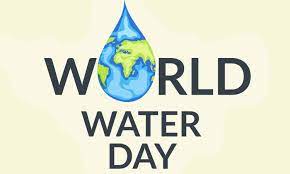
The average American family uses more than 300 gallons of water per day, with a significant portion of that being wasted. By conserving water, we can ensure enough clean water for everyone.
— Environmental Protection Agency
In addition to World Water Day and World Water Conservation Day, various countries observe Save Water Day, typically held in March. These days serve as reminders of the critical role that water conservation plays in ensuring a sustainable future for our planet.
Scientific American says that more than 2 billion people worldwide lack access to safe drinking water, and by 2050, up to 5.7 billion people could be living in areas where water is scarce for at least one month per year. By conserving water, we can help mitigate the impact of the global water crisis and ensure enough clean water for everyone.
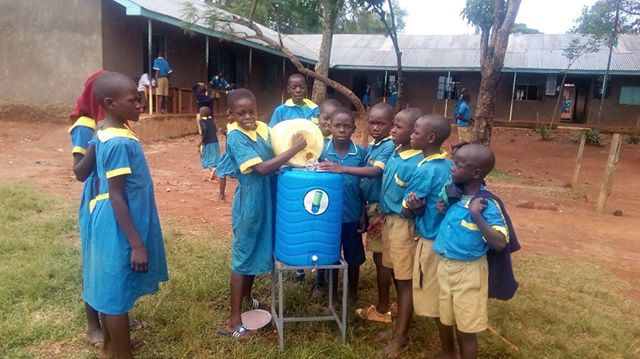
Section 4: Water Conservation in Practice
Water conservation efforts have been successful in various parts of the world, including Kenya, Somalia, and Ethiopia.
In Kenya, for example, the non-governmental organization Water and Development (Maji na Ufanisi) has been implementing the Water, Sanitation and Hygiene Enterprise Model (WASHEM) to bring water and sanitation services closer to marginalized communities, especially in Garissa, Mombasa, North Horr, Ijara, and other arid and semi-arid areas in Kenya.

This approach involves training local entrepreneurs to operate and maintain water and sanitation facilities, making them more sustainable in the long term.
As a result, over 350,000 people have gained access to safe drinking water and improved sanitation facilities while creating job opportunities and boosting local economies.
In Somalia, the International Committee of the Red Cross (ICRC) has been working to rehabilitate and maintain water supply systems in drought-prone areas, ensuring communities have reliable access to water.
They have also promoted water conservation practices, such as rainwater harvesting and water-efficient irrigation techniques, to reduce water stress and increase agricultural productivity.
In Ethiopia, the government has implemented policies and programs to promote water conservation and management, including constructing water harvesting structures, promoting sustainable agriculture practices, and establishing community-based water management systems.
These efforts have helped to increase water availability and reduce water-related conflicts in the country.
Overall, successful water conservation efforts at the individual and community levels involve a combination of technological solutions, policy changes, and individual actions.
Some best practices include fixing leaks, reducing water usage, choosing water-efficient appliances, and promoting education and awareness about water conservation.
Collaboration and cooperation among different stakeholders, including governments, NGOs, communities, and individuals, are crucial for implementing effective water conservation measures and ensuring a sustainable future for our planet.
As we celebrate World Water Day and World Water Conservation Day, it is important to recognize the progress made so far in water conservation efforts and acknowledge the urgent need to do more to address the global water crisis.
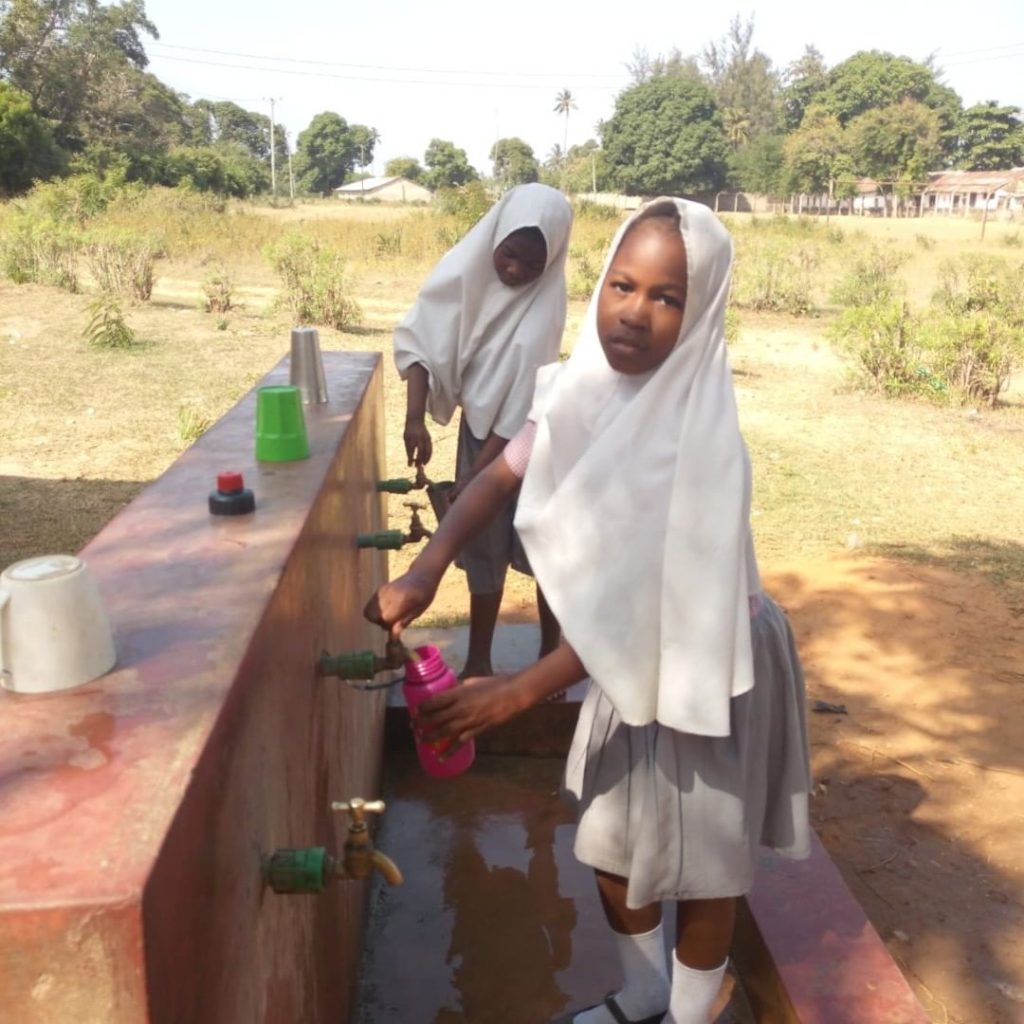
By taking action on both the individual and collective levels, we can all play a part in conserving water and protecting our planet’s most precious resource.
Section 5: What You Can Do
As individuals, we can all play a role in conserving water and contributing to a sustainable future for our planet. Here are some simple and practical ways to conserve water in our daily lives:
1. Fix leaks: Check your plumbing and make sure there are no leaks. A dripping faucet can waste a surprising amount of water over time.
2. Use water-efficient appliances: Choose appliances labeled as water-efficient, such as low-flow showerheads, toilets, and washing machines.
3. Reduce water usage: Take shorter showers, turn off the tap while brushing your teeth, and only run your dishwasher and washing machine when you have a full load.
4. Collect and reuse water: Collect rainwater in a barrel and use it to water your plants. Reuse greywater from your shower or washing machine to water your lawn.
5. Spread awareness: Educate your friends and family about the importance of water conservation and encourage them to take action.
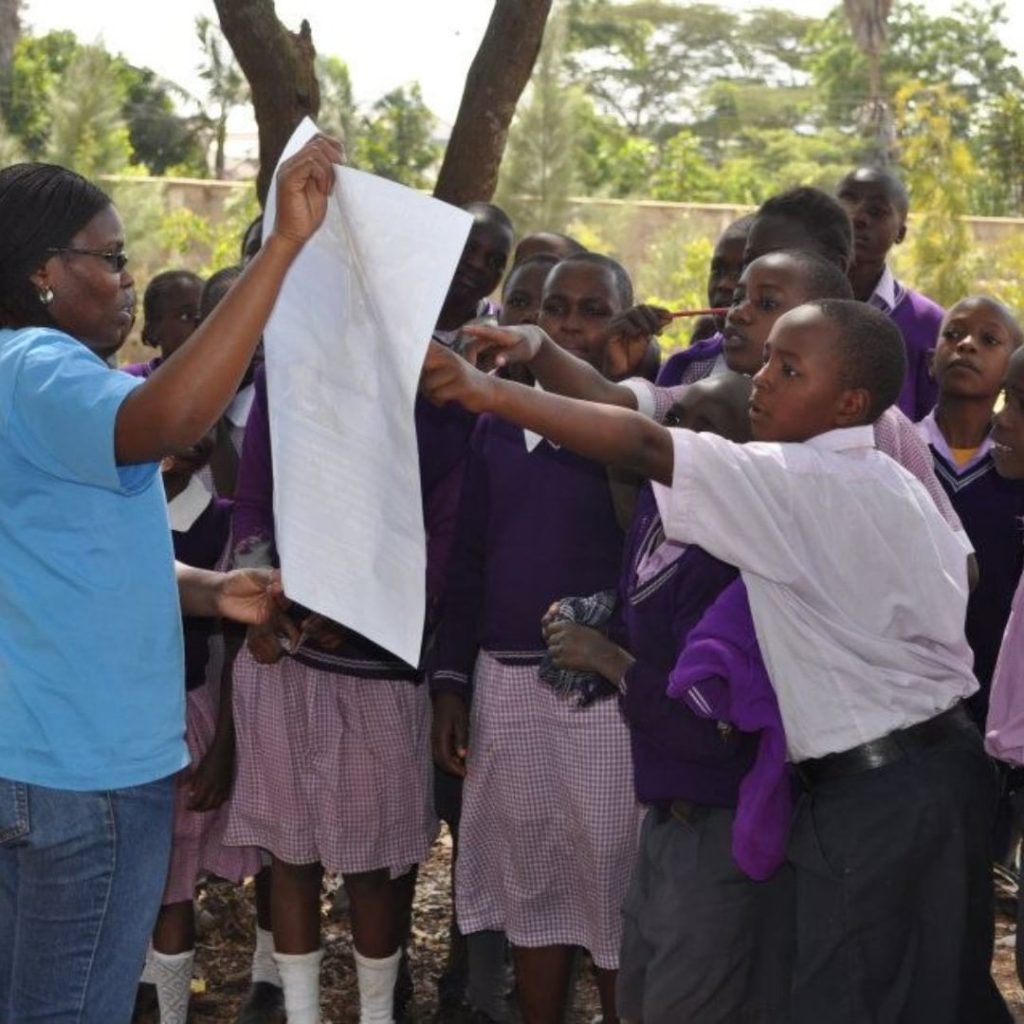
By taking these simple steps, we can all contribute to conserving water and protecting our planet’s precious resources. Education and awareness-raising are also important in promoting a culture of water conservation.
We can all play a role in spreading the message about the importance of saving water, whether it’s through social media, community events, or simply talking to our friends and family.
It’s important to remember that we all are responsible for taking action on both the individual and collective levels to address the water crisis. By working together and taking steps to conserve water, we can create a more sustainable future for ourselves and future generations.
As we celebrate World Water Day and World Water Conservation Day, let’s remember the importance of water and take action to protect this precious resource for ourselves and the planet.
Water and Development (Maji na Ufanisi)
Water and Development (Maji na Ufanisi), a WASH NGO based in Kenya, has been working to alleviate water scarcity and provide sanitation to marginalized communities through its Water, Sanitation, and Hygiene Enterprise Model (WASHEM).
The organization partners with over 100 community-based organizations (CBOs), which manage the WASHEM facilities and earn income.
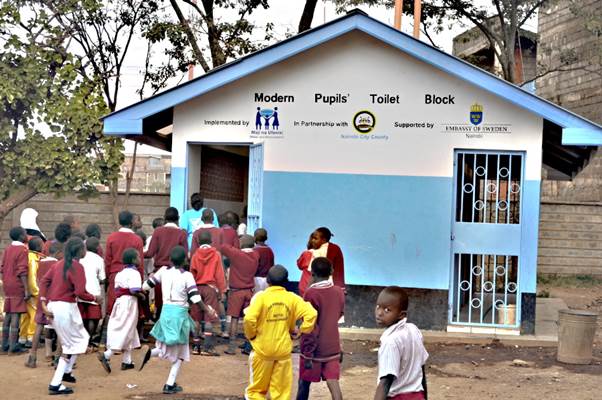


This approach has helped ensure the sustainability of the water and sanitation facilities and has positively impacted the local economy. The success of Water and Development (Maji na Ufanisi)’s efforts has been acknowledged by the African Ministers’ Council on Water (AMCOW).
In 2015, the organization was awarded the AMCOW AfricaSan International Task Force Recognition Award for its innovative approach to addressing Kenya’s water and sanitation crisis.
Through its work, Water and Development (Maji na Ufanisi) is helping to promote cooperation, security, social and economic development, and poverty eradication among marginalized communities. The organization’s efforts align with the goals of World Water Day, World Water Conservation Day, Save Water Day, and the 2023 theme of accelerating change to solve the water and sanitation crisis.
By supporting organizations like Water and Development (Maji na Ufanisi) and taking individual actions to conserve water, we can contribute to a sustainable future for our planet.
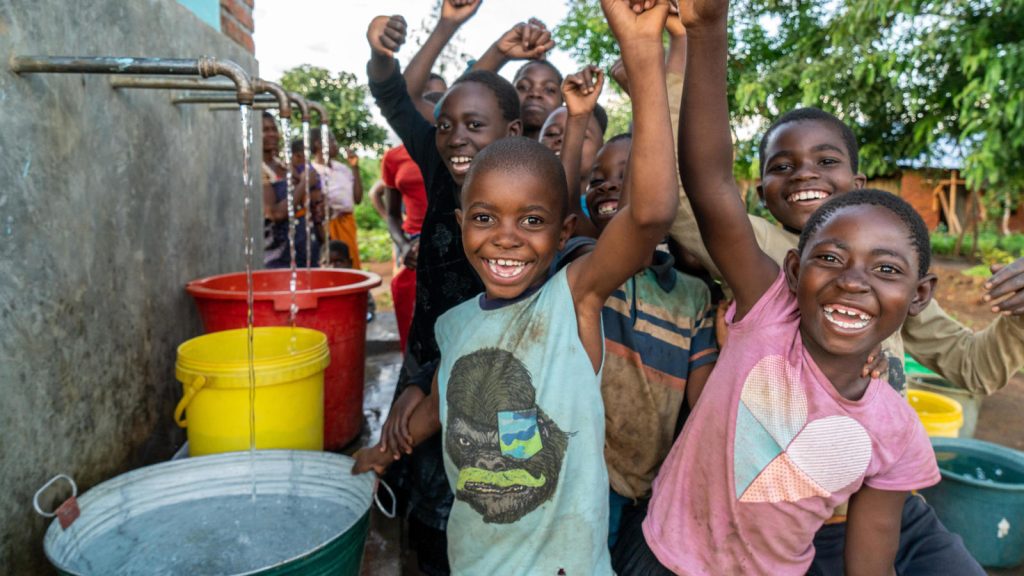
Conclusion:
In conclusion, water conservation is a critical issue that demands immediate action from all of us. We have highlighted the importance of water, the global water crisis, the role of water conservation, successful water conservation efforts, and what individuals can do to conserve water.
The water crisis is urgent, and we must take immediate steps to conserve water and protect our planet’s most precious resource.
It is worth noting that Water and Development (Maji na Ufanisi), a Wash NGO based in Kenya, is excellently alleviating water shortage and providing sanitation to marginalized communities through the WASHEM model.
To support their work and help protect our planet’s water resources, we urge you to take action by donating to Water and Development (Maji na Ufanisi).
Let us all work together to make a difference, especially as we commemorate important days such as World Water Conservation Day. Remember, every drop counts!

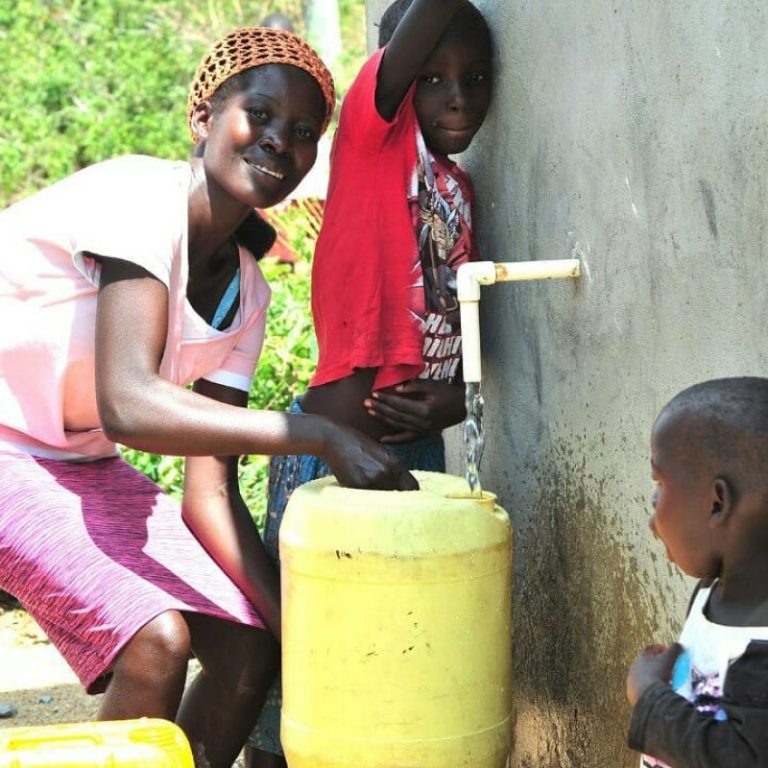
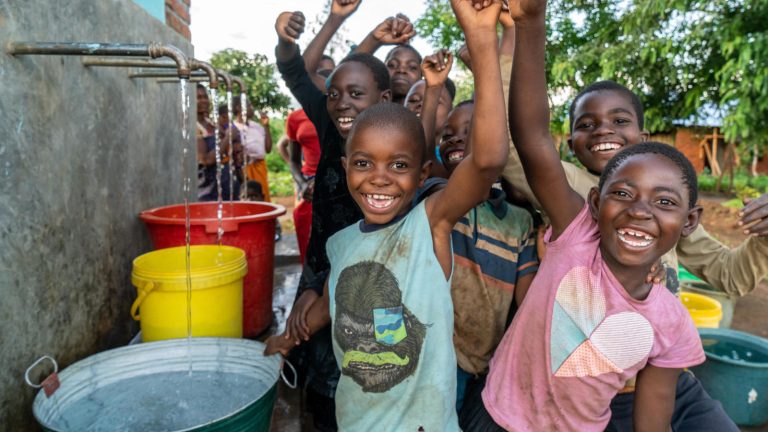
This is indeed a very insightful information